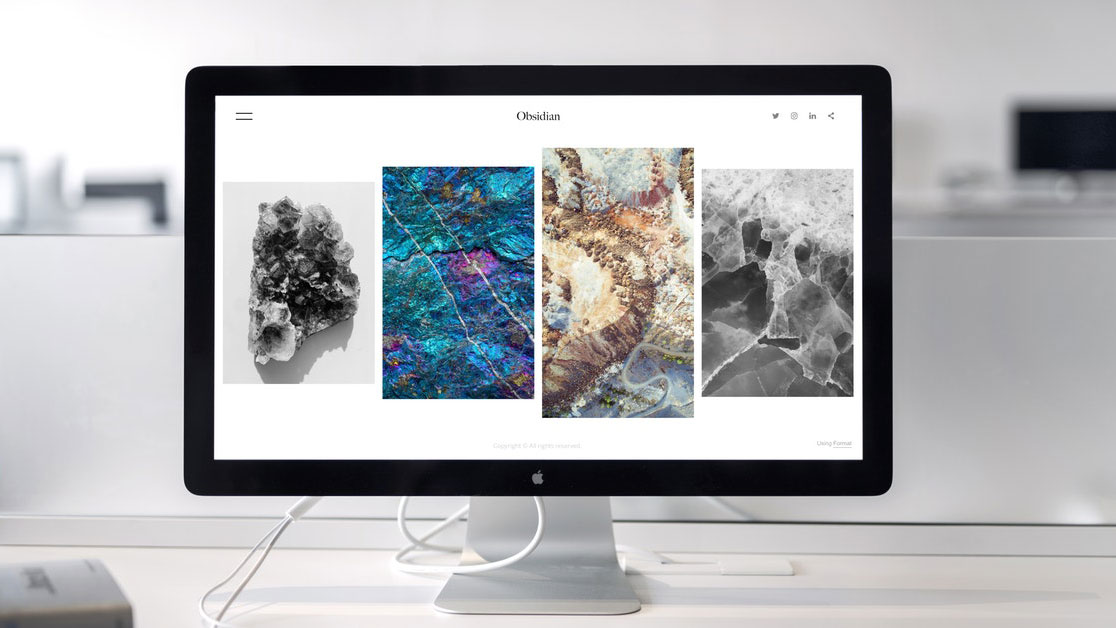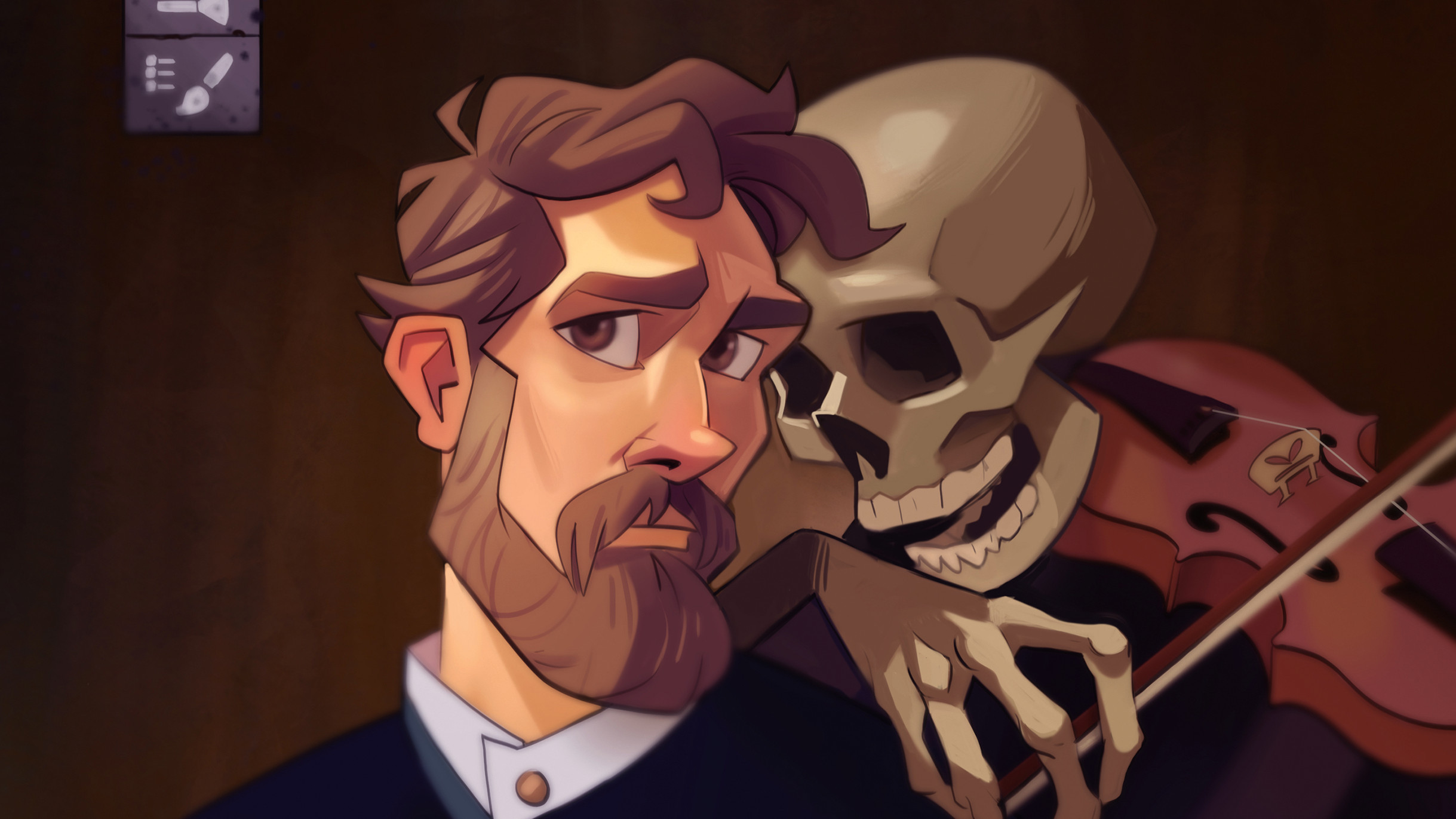Gap years: 8 ways to get more from a year out
Make your gap year count with this easy to follow advice.

Gap years may become more popular than ever this year and next. With exam results in the UK now out (and many left confused and/or disappointed), many young people are now thinking about their future career prospects. And with many university courses now entirely online, a gap year is perhaps more tempting than ever.
Gap years may have previously called to mind adventurous jet setting across the globe, but this year, most will be planning to stay closer to home. So how do you turn several months off into a productive experience that sets you in good stead for your next step? Read on for some tips and tricks to help you get more from your gap year.
And if you're looking to improve your skills over this time, don't miss our roundup of the best Illustrator tutorials or Photoshop shortcuts.
01. Seek commissions
Freelancing is probably the most flexible way of earning money for your skills. Get in touch with people and agencies who inspire you, and pitch yourself to them. Bear in mind that the people you get in touch with will likely receive a lot of emails, so you need to make yours stand out. Pitch an idea for something you could draw or write (or whatever your skill is) for their company, and make sure it is related to recent events or themes they are focusing on to show you've done your research.
02. Open a savings account

Nothing beats a steadfast saving plan, so if you don’t have a savings account already, then definitely open one. Most accounts don't take long to set up and even if the interest rates aren't up to much, it's good to have a separate pot of money set aside for the future.
You can set up more than one and dedicate them to different goals, and then start a routine of putting in one pound or 50p every day or every week. This might not seem like a lot at first, but it doesn’t take long to accumulate, and saving is a surefire way to have something to show for a year off.
03. Get work experience
Work experience is something employers and universities look for on CVs, and something you might even need to have as a prerequisite to a college or uni course. Taking a year out to treat work experience as your job will likely push you to the top of the pile of university applications. Of course, the main problem with work experience is the money (or lack of), but don't settle for a fee of zero if you can help it. Some agencies do offer paid placements, so seek these out if you can. Also remember that short placements can make a big difference to your future career, so you don't necessarily need to commit months of your gap year – a week or two may be enough.
04. Work on personal projects
Students often immerse themselves in their college or university projects, hand them in and then decide their job is done. But the best way of exercising your creative skills is to always be working on a personal project that doesn’t have anything to do with your main job or course.
However creative your course or work experience might be, there will always be a brief or a mark to work to, which restricts your creative freedom. In your own projects, there are no limits, and the projects that really show your true interests and passions are the sort of things universities and employers love to see in your portfolio (see some inspirational design portfolios here).
05. Create a website

A lot of people think creating a website is a difficult and complex operation that requires several people and lines of code, but this is far from the truth. Creating a website with a website builder like Wix (see the best website builders for more options) will just be a case of getting used to it, as with any design programme. It’s predominantly a simple process of dragging, dropping and colour swatching until you have an online space in your style.
Your website is an invaluable asset to have at any point in your life – it should basically work as an online portfolio, showcasing all of your best work. It’s important to be picky though – only select your absolute best and keep it focused. Ideally, your website's URL should be your name so that it is easy for people to find you; buy a personalised domain name to show that you're truly committed (plus, it looks more professional).
06. Perfect your university application
As more and more students choose to go to university, the selection process is becoming increasingly competitive, and creative students often have to complete one or several briefs for an application. A year to work on making these the best they could be is an invaluable opportunity to make you and the quality of your work stand out. Spend this time doing research into the briefs and the sort of things that the university marks highly – look at the work showcased on their website for clues.
07. Attend online conferences
Going to conferences is another great way to gain contacts and open up more opportunities. Not only this, but you’ll get the chance to be inspired, learn new things and maybe even inspire other people. Conferences probably won't be occurring in the flesh for a while, but in the interim, take the time to look into decent events taking place online (at least you'll save on travel). This might also help you decide which conferences you want to invest your time and money into in the future.
08. Don't forget to network
Sometimes it can feel daunting to reach out to people you admire, but it’s a brilliant way to move forward in the creative industry. It’s definitely always worth getting in touch with people who inspire you via LinkedIn or email and letting them know how much you love their work and why. Make sure you do this professionally, without gushing. Dropping in how you’d be honoured to intern or work for them, with a link to your website, is always an option.
It doesn’t matter if you get rejected or even if they don’t reply; at least if you ask, you’re giving yourself an opportunity which you wouldn’t have if you did nothing. People are also more likely to remember you if you ask (nicely). Remember that networking is about deliberately putting yourself on people’s radars, and giving yourself potential contacts for the future. For more on this, see our piece on how to network.
Read more:

Thank you for reading 5 articles this month* Join now for unlimited access
Enjoy your first month for just £1 / $1 / €1
*Read 5 free articles per month without a subscription

Join now for unlimited access
Try first month for just £1 / $1 / €1
Get the Creative Bloq Newsletter
Daily design news, reviews, how-tos and more, as picked by the editors.

Mabel is a freelance writer, artist and filmmaker. When she's not writing about the arts industry, books or culture, she's working on writing and illustrating her stories or developing experimental filmmaking projects. Working in journalism, poetry, documentary-filmmaking, illustration and fiction, storytelling is at the heart of what she does. She started writing articles in online magazines when she was seventeen. After training at the BFI Academy and then studying at UAL, she is now continuing to write articles while she works on creating and launching her first books and films.
